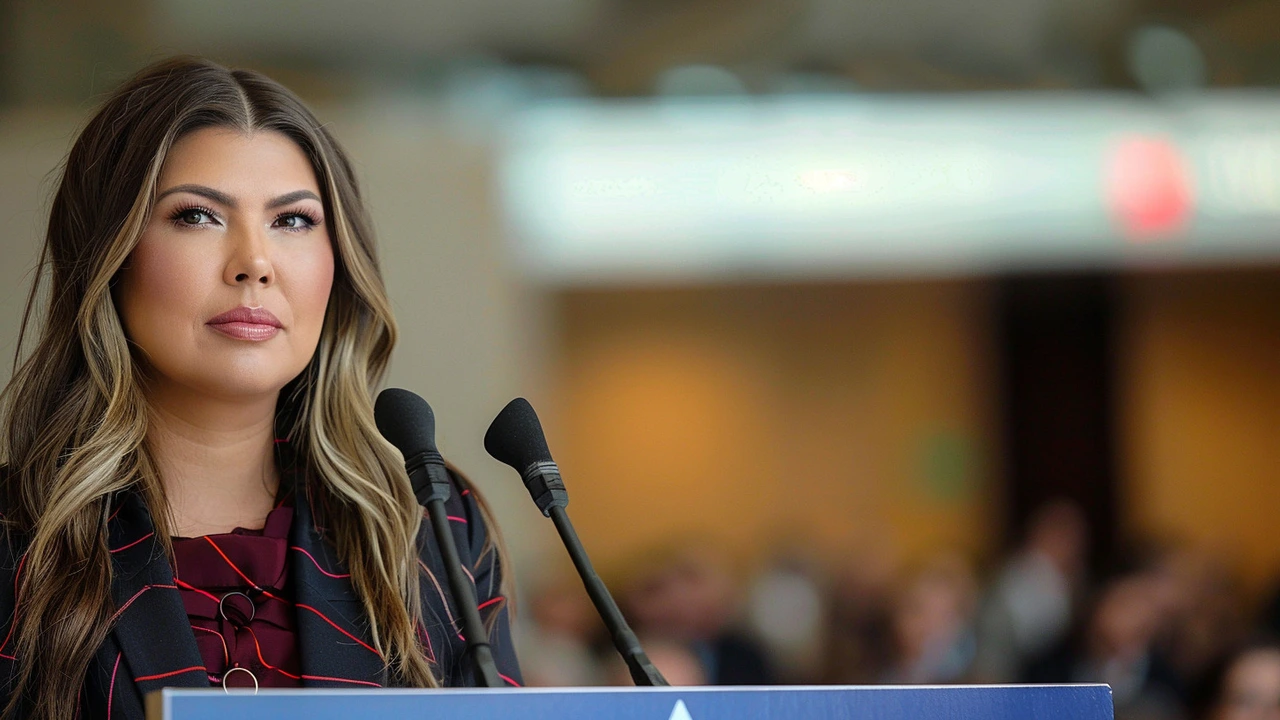The Controversial Euthanasia of Governor Noem's Dog
In a move that has sparked widespread controversy and discussion, South Dakota Governor Kristi Noem recently defended her decision to euthanize her family's 14-month old dog, Cricket, after it displayed aggressive behavior towards a neighbor's livestock. This decision, which Noem describes as one of the most challenging she has faced, is included in her forthcoming book, shedding light on personal dilemmas public figures often encounter.
The incident occurred when Cricket, described in Noem's narrative as 'less than worthless' and 'untrainable,' caused significant harm to a neighbor's farm animals. Faced with the safety of her children and the operational stability of her family’s business, Governor Noem decided that the most responsible action was to euthanize the dog. This action has opened a wider debate on the responsibilities of pet ownership, the measures taken in the face of aggression, and the ethical implications of such hard decisions.
Critics of Noem's decision have taken to social media to express their disapproval, often posting pictures with their own pets as a sign of protest and solidarity with the condemned animal. They argue that more humane alternatives could have been considered instead of euthanasia. On the other side of the spectrum, there are those who support Noem’s tough decision, acknowledging the difficult choices pet owners must make when an animal poses a risk to people or other animals.
Amidst this backlash, Governor Noem reiterated her stance, stating the decision was far from easy but necessary under the circumstances. Her reflection in her book aims to provide an insight into the complexities and weight of decisions made in her personal and professional life, illustrating the sometimes harsh reality faced by those in leadership positions.
The Larger Implications of Noem's Decision
While the specific incident of euthanizing Cricket might seem isolated, it echoes a larger conversation about animal control, pet behavior, and the responsibilities of pet owners. Animal behaviorists and ethics specialists suggest that aggressive behavior in pets, especially dogs, could often be managed with proper training and containment measures. This incident will likely prompt pet owners to reassess how they handle similar challenges with their pets.
Policies and laws surrounding animal control and behavior management vary widely across states and are often subject to intense debate among advocates, lawmakers, and the general public. Instances like these could potentially influence future legislation and policy-making, as they bring to light the severe consequences of owning pets that become uncontrollable.
Furthermore, this case brings up important questions about the balance between human safety and animal welfare. It also highlights the often distressful making of irreversible decisions in the throes of managing a public service career intertwined with personal life challenges. As Governor Noem navigates this backlash, the discussion extends beyond her personal choice to broader themes of ethics, governance, and public expectations of elected officials.
As the debate continues, social media remains a powerful platform for public discourse on this matter, illustrating the deep divides and strong emotions such engagements evoke. Whether support or opposition, the public's response to Governor Noem's decision reflects broader societal values and the various perspectives people hold towards animals and leadership responsibility.
Conclusion: A Reflection on Leadership and Personal Decisions
Governor Kristi Noem's decision to euthanize her family pet, Cricket, remains a contentious topic that touches on numerous sensitive aspects of public and private life. Her upcoming book, which discusses this decision among others, may provide deeper insights into the dilemmas faced by those in power, and perhaps offer readers a chance to reflect on what they would do in a similar situation faced with no easy options. Ultimately, this incident serves as a reminder of the intricate balance that must be maintained between personal convictions and public responsibilities.

Write a comment